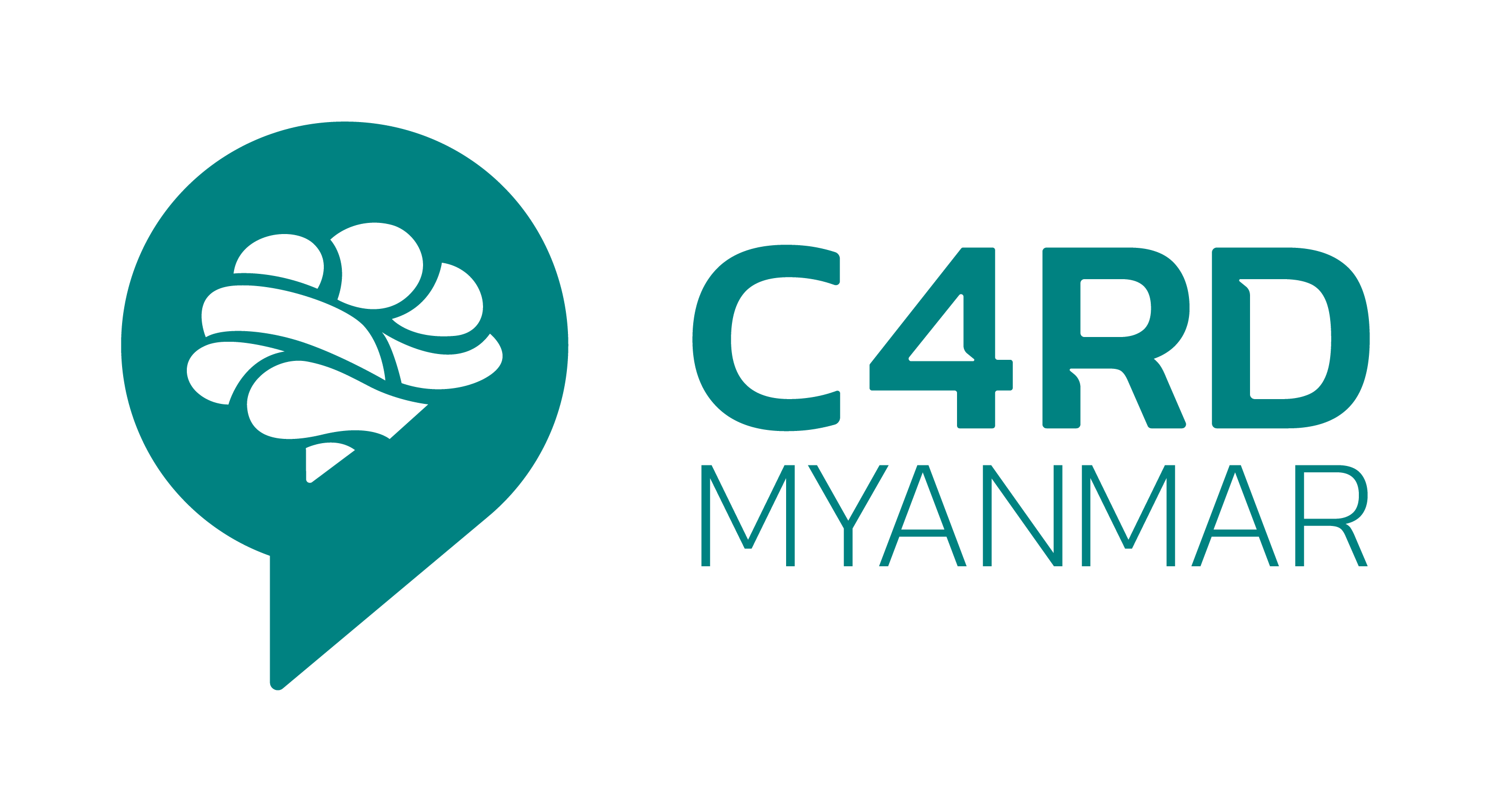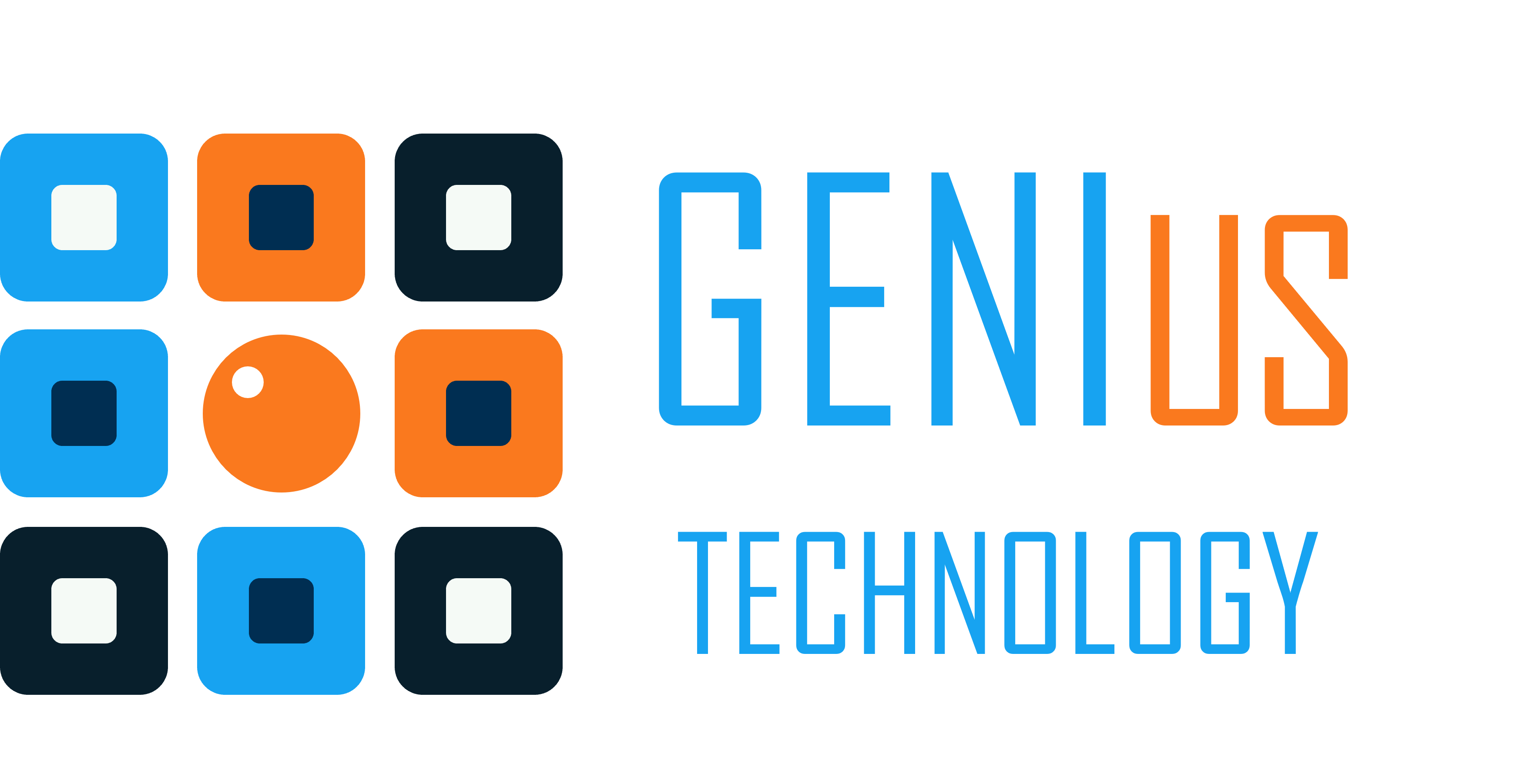Introduction
In the dynamic landscape of technology, machine learning (ML) has emerged as a transformative force, shaping the future of applications and systems. Recognizing the pivotal role of ML in modern development, the GENI ML Foundation Training program offers a comprehensive and immersive learning experience. In this blog post, we’ll explore the key lectures that pave the way for a profound understanding of machine learning models and their practical applications.
The Main Subareas of Machine Learning
In the inaugural lecture, participants are introduced to the diverse subareas of machine learning, providing a foundational understanding of supervised learning, unsupervised learning, and a brief acknowledgment of reinforcement learning. By delving into these subareas, participants gain insight into the broad spectrum of ML applications, from predictive modeling to clustering and pattern recognition.
Constructing a Dataset for Model Training
A crucial aspect of ML is data, and the second lecture focuses on constructing effective datasets for model training. The participants learn the art of data cleaning and preprocessing, feature selection, and the importance of splitting data into training and testing sets. This lecture equips them with the skills to prepare high-quality data that serves as the bedrock for robust machine learning models.
Building Various Machine Learning Models
Diving into the heart of ML, participants embark on a journey to build and implement diverse machine learning models. Whether it’s supervised models like decision trees and support vector machines or unsupervised models employing clustering algorithms, participants gain hands-on experience in constructing models tailored to specific use cases. The lecture also covers the crucial skill of hyperparameter tuning to optimize model performance.
Testing and Evaluating Model Performance
Understanding the metrics for assessing model performance is paramount. In this lecture, participants learn to utilize metrics such as accuracy, precision, recall, and F1 score. Moreover, techniques like cross-validation are explored, providing a more accurate assessment of a model’s capabilities. This knowledge arms participants with the tools needed to fine-tune models for optimal results.
Essential Steps for Developing ML Pipelines
The final lecture completes the training journey by guiding participants through the essential steps of building end-to-end machine learning pipelines. From data preparation and model training to evaluation and deployment in a production environment, participants acquire the skills to seamlessly integrate ML into real-world applications.
Key Concepts for a Strong Understanding
To fortify their understanding, participants delve into key concepts
1. Supervised Learning: Training models using labeled data.
2. Unsupervised Learning: Training models using unlabeled data to identify patterns autonomously.
3. Mathematics behind ML: A solid foundation in linear algebra, calculus, and probability theory.
Gaining Practical Experience
The program emphasizes the importance of practical experience. Participants are encouraged to undertake hands-on projects, applying their newfound knowledge to solve real-world problems. This practical approach ensures a holistic understanding of ML and its diverse applications.
Conclusion
GENI ML Foundation Training provides a transformative learning experience, equipping participants with the knowledge and skills needed to navigate the intricate world of machine learning. By covering the main subareas, data preparation, model building, performance evaluation, and deployment, participants emerge ready to harness the power of ML in their professional endeavors. With a focus on hands-on projects and a solid foundation in key concepts, this training program opens the doors to a world of possibilities in the domain of machine learning.




